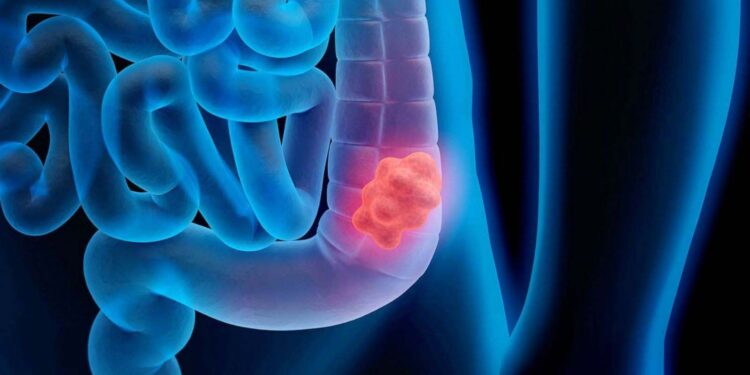Journalist & Colorectal Cancer advocate Katie Couric has joined hands with Exact Sciences and is urging Americans to get screened

There will be a Social Media Campaign to get the awareness about screening and detection for people with the age of 45 and above
“We lost Jay in the prime of his life. He didn’t get to see his daughters grow up and witness major milestones. That still crushes me,” said Couric. “I wanted to prevent other families from experiencing this kind of tragedy and decided to dedicate myself to educating people about the life-changing power of screening.”
Colon cancer screening is recommended around age 45, but your doctor may recommend more frequent screenings if you have certain risk factors. While doctors do not know exactly what causes most cases of colon cancer, they do know that cancerous cells in the colon develop DNA mutations. Because DNA contains instructions for cells, if these mutations are present, the cells will turn malignant. If you suspect that you may have colon or rectal tumors, a colonoscopy will help you identify abnormal growths.
While colon cancer is considered a major health problem, it can be treated if detected early enough. In the United States, patients with stage I or II cancers have a 91 percent five-year survival rate. As more people are getting screened, the incidence rate of colon cancer has decreased and is becoming more common among younger people. While older people continue to be at a higher risk for the disease, younger adults have been able to benefit from new cancer treatments.
A recent study showed that red meat is a major risk factor for colon cancer. Consuming red meat significantly increases the risk of developing the disease. Eating processed meat also increases the risk. But eating more lean meat can help reduce your chances. Eat less red meat and more fish. You should also avoid smoked meat and alcohol. And remember, the average age of a person with colon cancer is 68. By following a healthy diet and taking care of your colon, you can decrease your risk of developing colon cancer.